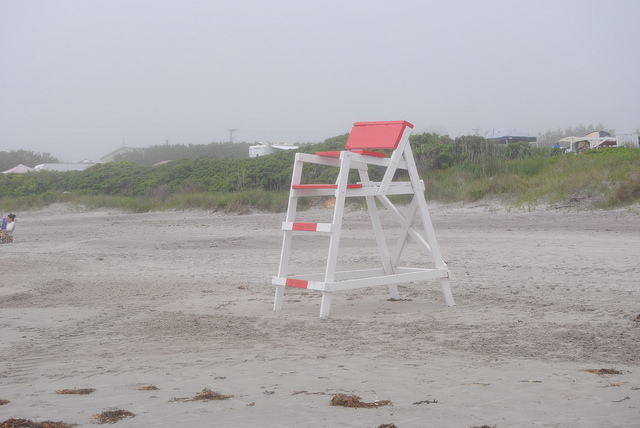The Commonwealth Fund recently issued its 2018 report ranking states on their health systems performance. Hawaii remains in first place. Mississippi ranked in last place. Overall, the picture is not pretty. How does your state rank on health care outcomes?
The researchers found that life expectancy in the US fell for the second year in a row, in large part as a result of opioid and other substance abuse and suicide. They found a 50 percent increase in deaths from suicide, drugs and alcohol use since 2005. Rates rose in all states, doubling or more in Delaware, New Hampshire, New York, Ohio, and West Virginia.
Deaths from conditions that are treatable also rose in two out of three states between 2014 and 2015. In a handful of states, the rise was more than five percent: 351 in Colorado, 643 in Oklahoma, and 988 in Texas, for example.
And, the researchers found that most adults do not get mental health treatment. On average, 56 percent of adults with mental illness were not treated for it. In Nevada, two out of three adults were not treated.
As for the states that did relatively well and those that did poorly: The five highest ranking states were Hawaii, Massachusetts, Minnesota, Vermont and Utah. The five lowest ranking states were Arkansas, Florida, Louisiana, Oklahoma and Mississippi.
The authors recommend a move to integrative care, bringing together behavioral health and physical health, with a focus on the social determinants of health. Some states are working to connect residents in need to community social services programs, including good housing and nutrition, health screenings and substance abuse counseling services. In fact, the Centers for Medicare and Medicaid Services is contracting with agencies in many states to create Accountable Health Communities, which are supposed to bridge the gap between clinical care and community services.
Some good news: Medicare covers alcohol screenings and counseling as well as nutrition counseling.
Here’s more from Just Care:











…you can live longer in Hawai’i only if you can afford to live there.
Actually three of the top five have much higher living costs than many, particularly us on Social Security, can afford. Three also have relatively harsh winters which, if you suffer from chronic bone and joint issues, I wouldn’t recommend (I left Wisconsin nearly 40 years ago because of the winters there).